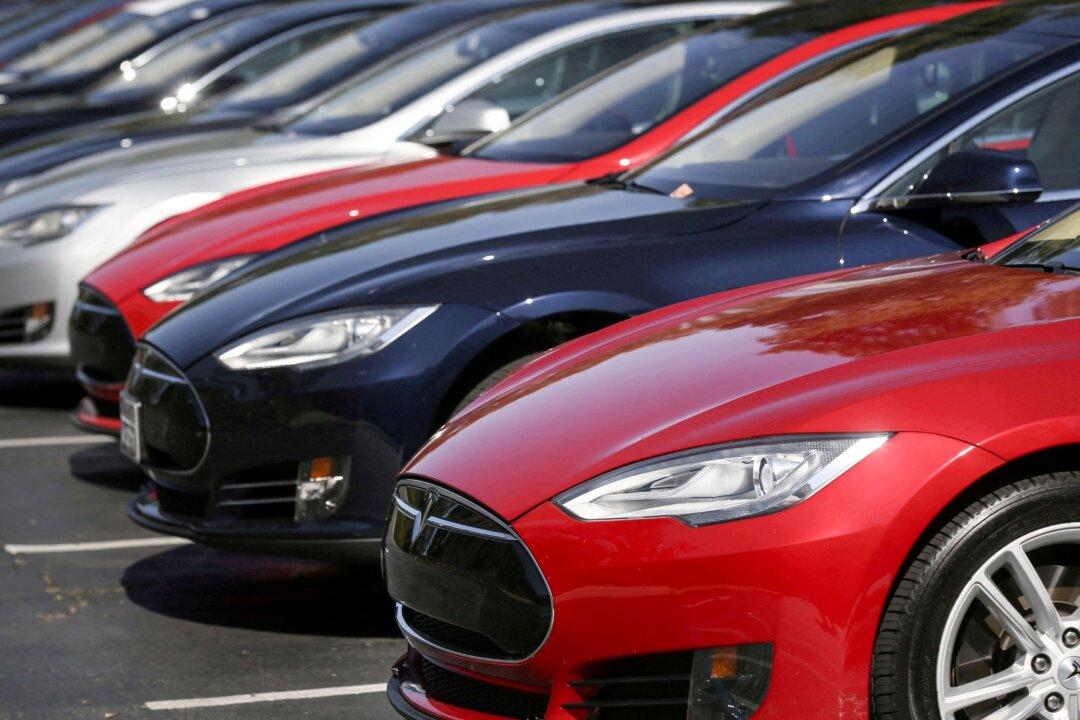Tesla said on Feb. 10 that it is recalling 578,607 vehicles in the United States because pedestrians may not be able to hear the required Pedestrian Warning System alert of an approaching car due to loud music or other sounds played by its “Boombox” feature.
This is the fourth public recall by Tesla in the last two weeks, as Federal and state safety regulators increase scrutiny of the nation’s largest electric vehicle maker.
Two of the recalls involved features that violated federal motor vehicle safety standards, while the others were software errors.
In total, Tesla has issued 10 nationwide recalls over the last four months.The National Highway Traffic Safety Administration (NHTSA) said on its website that the “Boombox” function on Tesla’s cars and SUVs allows drivers to play sounds while the vehicles are moving, violating federal safety standards that require pedestrian warning noises for electric cars, which make little noise when traveling at lower speeds compared with gasoline-powered engines.
Under rules mandated by Congress, automakers must add sounds to electric vehicles when they are moving at speeds of up to 18.6 miles per hour to help prevent injuries among pedestrians, cyclists and the blind.




